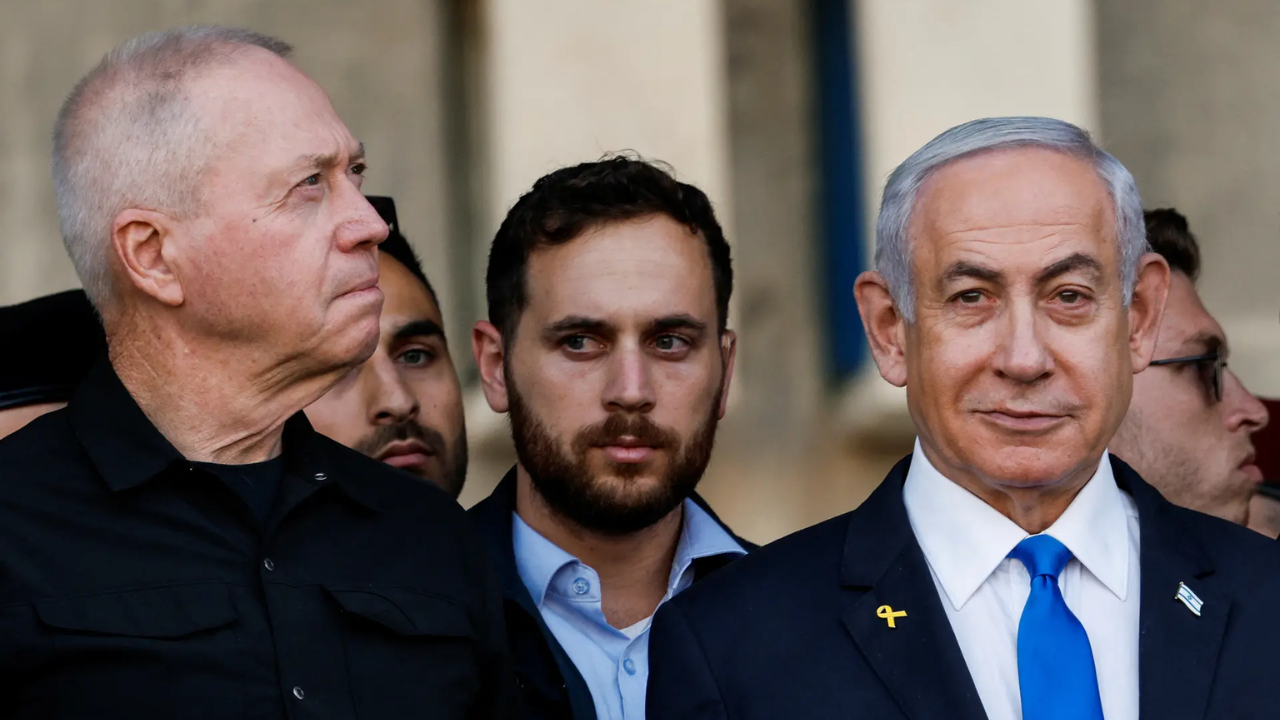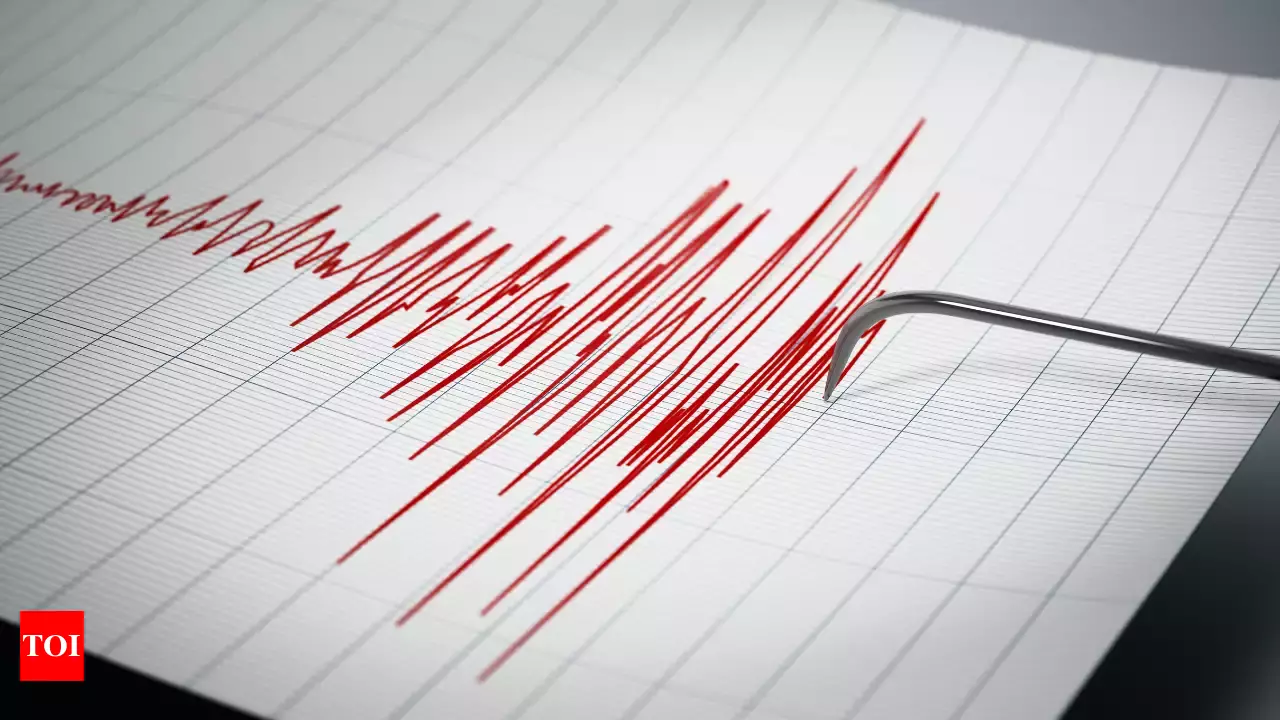ARTICLE AD BOX

Russia made an audacious public attempt to blackmail the incoming U.S. president, according to a military expert.
Vladimir Putin and his ministers are already trying to mess with Donald Trump's head when Kremlin intelligence chief Nikolai Patrushev claimed in an interview that Trump had "relied on certain forces" to win a second term in the White House and warned that he had "corresponding obligations" that he was "obliged to fulfill," wrote Slate columnist Fred Kaplan.
"This is a mind-blowing bit of psychological warfare!" Kaplan wrote. "The Russians are basically telling Trump: We put you in office. Now it’s time for you to pay us back. Did this make Trump wonder: WTF?"
ALSO READ: Do not submit: Your guide to a way out of this catastrophic mess
The FBI, the director of national intelligence and the top cybersecurity agency all confirmed that Russia was sowing disinformation against Kamala Harris during the election campaign, and law enforcement blamed the foreign adversary for bomb threats called into polling stations in Black neighborhoods.
"However, there is no evidence — nor has anyone claimed — that Trump or his campaign staffers colluded in, or knew anything about, these videos or the bomb threats," Kaplan wrote. "If Trump did have some involvement, or if Russia possesses some other form of kompromat (compromising material) on Trump, Patrushev’s message constitutes an extraordinarily bodacious threat of blackmail, delivered in public, against an American president-elect."
"If Trump did not have any involvement in this escapade, Patrushev’s gambit shows — some would say, confirms — that Russia’s main goal, in all these misinformation ventures, is to sow chaos, breed mistrust, and weaken the sinews of democracy in Western countries, especially in the U.S., regardless of who is the president," Kaplan added.
Trump and the MAGA movement have long sought to improve relations with Russia, but Kaplan said the Kremlin's reaction to his re-election should serve as a warning.
"One can only wonder what Trump will do — whether he’ll change his position, whether he’s capable of changing his stance — when he realizes, if he realizes, that Putin is not his friend," Kaplan wrote. "Trump certainly should not act as if he is."
.png)
 1 week ago
1
1 week ago
1








 English (US)
English (US)